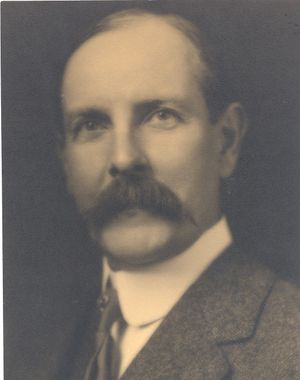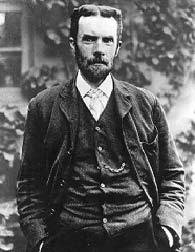Kennelly-Heaviside Layer: Difference between revisions
From ETHW
No edit summary |
No edit summary |
||
| Line 1: | Line 1: | ||
'''This article is a stub. Please help expand the article by using the edit tab.''' [[Image:Arthur E. Kennelly.jpg|thumb|left|Arthur Kennelly]] [[Image:Heaviside.jpg|thumb|right|Oliver Heaviside]] In 1902 [[Arthur E. Kennelly|Arthur Kennelly]] and [[Oliver Heaviside|Oliver Heaviside]] independently proposed the existence of an atmospheric layer of ions that conducts electricity and reflects [[Radio Waves|radio waves]]. Kennelly published his ideas on March 15. Heaviside's hypothesis went public on December 19. The layer is now called the E region. | |||
Revision as of 21:13, 2 December 2009
This article is a stub. Please help expand the article by using the edit tab.
In 1902 Arthur Kennelly and Oliver Heaviside independently proposed the existence of an atmospheric layer of ions that conducts electricity and reflects radio waves. Kennelly published his ideas on March 15. Heaviside's hypothesis went public on December 19. The layer is now called the E region.

